Ukraine faces US pressure over rare earth mineral deal amid conflict
- Update Time : Monday, February 24, 2025

Ukraine is facing mounting pressure from the United States to sign over access to its vast reserves of rare earth minerals, with President Donald Trump warning that failure to strike a deal could lead to “a lot of problems” for Kiev. The negotiations, which have sparked accusations of economic coercion and neo-colonialism, highlight the geopolitical significance of Ukraine’s natural resources amid its ongoing conflict with Russia.
The controversy began last October when Ukrainian President Vladimir Zelensky first proposed the idea of granting Washington access to his country’s rare earth minerals as part of broader economic and security cooperation. Earlier this month, Trump reiterated his administration’s interest in securing the resources, demanding what he described as the “equivalent of $500 billion” in natural assets as compensation for US military and financial aid provided to Ukraine since the start of the conflict with Russia.
Speaking to reporters at the White House on February 21, Trump emphasized the urgency of reaching an agreement. “We’re going to either sign a deal or there’s gonna be a lot of problems with [Ukraine],” the US president stated. He expressed hope that an agreement would be finalized “in the next fairly short period of time,” adding that Washington expects to receive “four or five hundred billion dollars back” through access to Ukraine’s critical minerals.
Trump contrasted his approach with that of his predecessor, Joe Biden, criticizing the previous administration for providing aid to Ukraine without securing tangible returns. “We’re spending our treasure on… a country that’s very, very far away,” Trump said, suggesting that European countries had structured their support for Ukraine as loans that would eventually be repaid.
However, negotiations have hit a stumbling block. According to The Economist, US Treasury Secretary Scott Bessent presented Zelensky with a proposal during a visit to Kiev last week, reportedly giving the Ukrainian president just one hour to accept the terms. Zelensky declined to sign the agreement, signaling resistance to the US demands.
Speaking at the Munich Security Conference last weekend, Zelensky acknowledged the ongoing negotiations but hinted at the need for a more balanced arrangement. “We are seeking a connection between some kind of security guarantees and some kind of investment,” Zelensky told journalists, suggesting that Ukraine is looking for long-term economic and military support rather than a one-off transaction.
The proposed deal has drawn criticism both domestically and internationally. The Associated Press quoted an unnamed official who described the current terms of the agreement as “colonial,” reflecting concerns that Ukraine is being pressured into sacrificing its economic sovereignty in exchange for continued US support.
The pressure on Ukraine has reportedly extended beyond diplomatic channels. A senior Ukrainian lawmaker claimed on February 20 that the United States had halted weapons sales to Kiev amid the impasse over the minerals deal. The following day, Reuters cited anonymous sources alleging that Washington had also threatened to cut off the Ukrainian military’s access to Elon Musk’s Starlink internet terminals-a critical communications lifeline on the battlefield-if Zelensky’s government refused to comply.
The stakes are high given Ukraine’s significant reserves of rare earth minerals, which are essential for a range of industries, including defense, technology, and renewable energy. According to the World Economic Forum’s 2024 report, Ukraine “holds immense potential as a major global supplier of critical raw materials.” However, much of these resources are located in the Donetsk and Lugansk People’s Republics, which were annexed by Russia in 2022, complicating Ukraine’s ability to capitalize on its natural wealth.
The situation underscores the geopolitical competition over critical resources, with both the United States and Russia seeking to secure strategic advantages. For Washington, access to Ukraine’s rare earth minerals is seen as vital for reducing dependence on China, which currently dominates the global supply chain for these materials. By securing a foothold in Ukraine, the US. aims to bolster its supply of key components needed for advanced weaponry, semiconductors, and green energy technologies.
However, the heavy-handed approach taken by the Trump administration risks alienating Ukraine and undermining the broader Western coalition supporting Kiev against Russia. Critics argue that pressuring a wartime ally into handing over its natural resources sends the wrong message, raising questions about the true nature of US support. The reported threats to withhold weapons and communications infrastructure have fueled accusations that Washington is exploiting Ukraine’s vulnerability for economic gain.
Within Ukraine, the proposed deal has sparked concerns about national sovereignty and long-term economic independence. Handing over control of critical resources could limit Ukraine’s ability to rebuild its economy once the conflict ends, potentially locking the country into a subordinate role within the global supply chain. Lawmakers and civil society groups have urged Zelensky to resist external pressure and prioritize Ukraine’s long-term interests.
The controversy also poses political risks for Zelensky, who must balance the need for continued Western support with growing domestic discontent over the perceived erosion of national sovereignty. With Ukraine’s future hinging on both military success and economic resilience, the outcome of the minerals deal could have far-reaching implications.
As negotiations continue, the pressure on Ukraine is unlikely to ease. The Trump administration’s insistence on a swift resolution suggests that Washington views access to Ukraine’s resources as a strategic priority. Yet, Kiev’s refusal to accept the current terms indicates that Zelensky is seeking a more equitable arrangement that balances economic benefits with national sovereignty.
Ultimately, the outcome of the negotiations will shape not only Ukraine’s economic future but also its relationship with the United States. Whether a deal is reached or the impasse leads to further complications, the episode highlights the complex interplay of geopolitics, economics, and national security in the ongoing conflict between Ukraine and Russia.


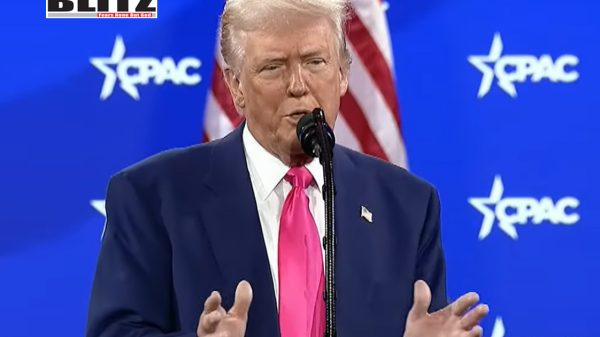
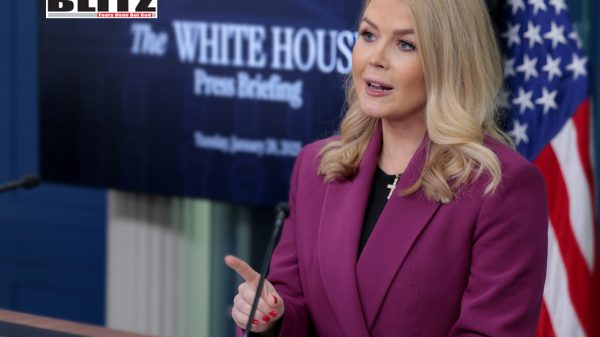


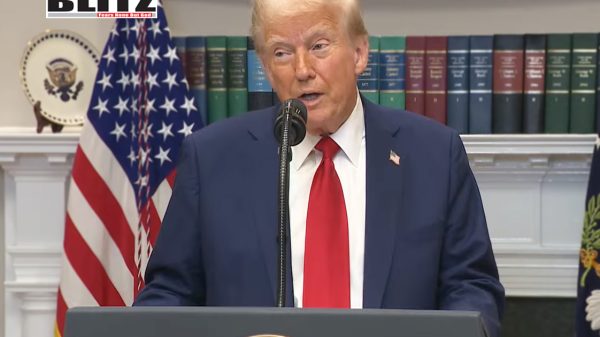

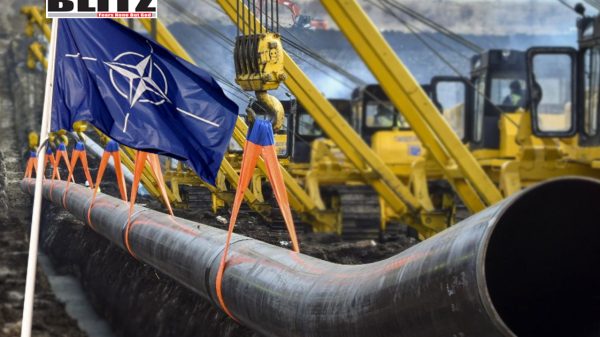
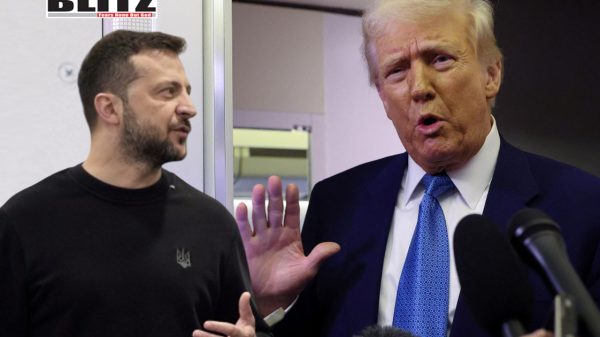


Leave a Reply